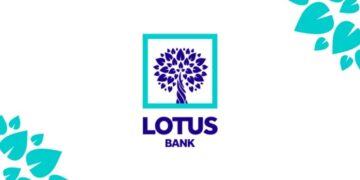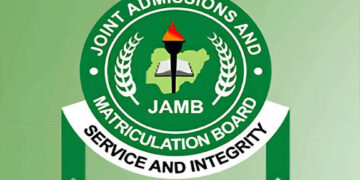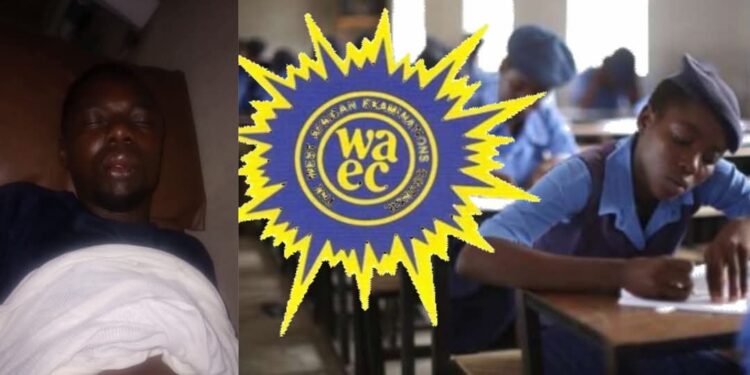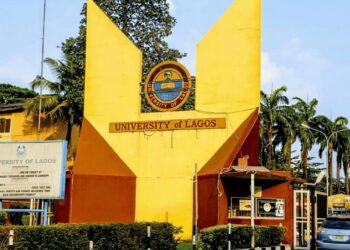In a deeply reflective piece shared on the Edu-Matters Platforms, Mr. Ibitoye A., an education consultant and lead trainer at Ed-Matters Mega Concept Consulting, has raised a powerful alarm over a worrying development in Nigeria’s education system — the increasing violence and hostility directed at teachers who uphold academic integrity.
The commentary, titled “When Educators Become the Targets — A Cry for Urgent Reform in Our Education Culture”, responds to a recent and disturbing incident in Ondo State, where Mr. Rotifa, a Vice Principal, was reportedly assaulted by parents of a student he caught cheating during the ongoing West African Senior School Certificate Examination (WASSCE). His offence? Simply enforcing examination rules and protecting the integrity of the process.
> “Let that sink in: a teacher was assaulted not by strangers or criminals, but by parents — those who should be the primary moral compass in their child’s life,” Mr. Ibitoye lamented.
The incident, though alarming, is not isolated. It has sparked broader concerns about what Mr. Ibitoye calls “a dangerous trend” — the gradual erosion of values within the educational ecosystem. According to him, Nigerian schools are now plagued by a culture that excuses malpractice, undermines authority, and prioritises grades over ethics.
> “We are witnessing a cultural shift where cheating is excused, invigilators are intimidated, and accountability is mocked — all in the name of ‘success’,” he wrote.
The piece challenges stakeholders — parents, educators, school administrators, policymakers, and the wider society — to recognise the gravity of this issue and respond with decisive reforms. He criticises the widespread obsession with academic results and societal pressure to obtain top grades at all costs, often to the detriment of character development and civic responsibility.
Mr. Ibitoye’s call is direct and urgent:
To parents, he insists their role must transcend academic expectations and include the modelling of respect and accountability.
To schools and ministries of education, he urges the establishment of robust protective measures for educators and enforcement of clear policies that uphold discipline.
To policymakers, he advocates for legislation that criminalises attacks on education personnel, making it a punishable offence.
To society at large, he reminds us that educators should not bear the burden of raising children in isolation, nor should institutions compromise standards to appease a results-driven culture.
> “No examination, no grade, no certificate is worth the price of character lost,” he affirms.
The reflection ends on a note of solidarity with teachers like Mr. Rotifa, whose daily efforts in upholding integrity often go unnoticed. He warns that societal silence in the face of such injustice is tantamount to complicity and underscores that the true purpose of education is not merely to pass exams but to cultivate citizens of character.
> “If our children learn that violence and shortcuts yield results, we will reap a generation that knows how to pass tests but not how to live,” he concluded.
As Nigeria continues to grapple with challenges in its education sector — from underfunding and teacher welfare to examination malpractice and insecurity — this sobering commentary serves as a mirror. It compels stakeholders to reflect not only on policies but on the values we instil in our future leaders. The time for reform is now.
Source: Mr. Ibitoye A., Admin., Edu-Matters Platforms. Originally published via Edu-Matters Facebook Group


















































































 EduTimes Africa, a product of Education Times Africa, is a magazine publication that aims to lend its support to close the yawning gap in Africa's educational development.
EduTimes Africa, a product of Education Times Africa, is a magazine publication that aims to lend its support to close the yawning gap in Africa's educational development.